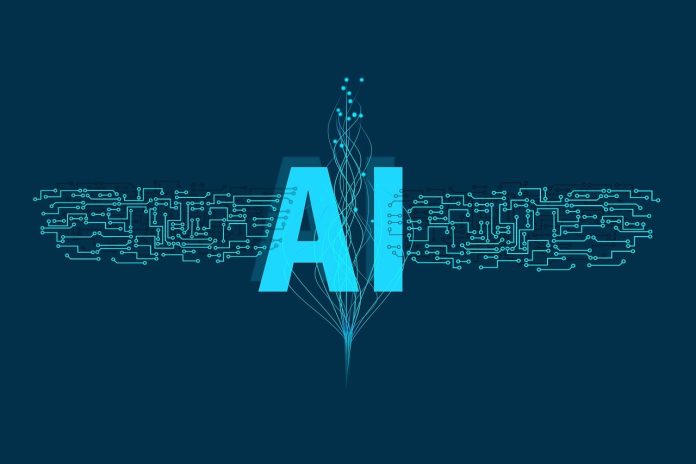[ad_1]
Algorithms have become an integral part of our daily lives. From search engines to social media feeds, algorithms shape the way we interact with technology. But how have these algorithms evolved over time? How have the development methods behind them changed? Let’s take a closer look at the evolution of algorithms and the methods used to develop them.
The earliest algorithms date back to ancient civilizations, where mathematicians and philosophers developed methods to solve complex problems. These early algorithms were often handwritten and relied heavily on human intuition and reasoning. As technology advanced, algorithms became more complex, leading to the birth of computer algorithms.
In the early days of computing, algorithms were largely written in low-level programming languages, such as assembly language or machine code. Programmers had to understand the intricacies of the computer’s hardware to optimize the performance of their algorithms. This development method required a deep understanding of the underlying technology and was limited by the constraints imposed by hardware.
With the advent of higher-level programming languages, such as FORTRAN and COBOL in the 1950s and 1960s, algorithm development started to shift towards a more abstract approach. Programmers could now focus on the logic and problem-solving aspect of algorithms without worrying too much about the underlying hardware. This change allowed for greater flexibility and ease of development.
As computers became more powerful and accessible, the field of algorithms saw significant advancements. The 1970s and 1980s witnessed the rise of algorithm analysis and design methodologies. Researchers developed formal techniques to analyze the efficiency and complexity of algorithms. This approach helped identify the best algorithms for specific tasks and led to the development of efficient and optimized algorithms.
In the 1990s, with the proliferation of the internet and the rise of digital platforms, algorithms took on a new dimension. The amount of data being generated and the need for real-time processing required algorithms that could handle massive datasets efficiently. This led to the birth of algorithms for data mining, machine learning, and artificial intelligence.
The development methods for these more advanced algorithms often involve a combination of mathematical modeling, statistical analysis, and machine learning techniques. Researchers and developers often use large datasets to train algorithms, enabling them to learn and improve their performance over time. This approach, known as training or “learning by example,” has revolutionized fields such as computer vision, natural language processing, and autonomous vehicles.
In recent years, algorithms have become a subject of scrutiny due to their potential biases and lack of transparency. Critics argue that algorithms can perpetuate discrimination, amplify echo chambers, and invade privacy. As a result, there has been a shift towards developing more ethical and transparent algorithms.
The development methods for these ethical algorithms emphasize fairness, accountability, and interpretability. Developers employ techniques such as algorithmic transparency, bias identification, and fairness testing to ensure algorithms are unbiased and accountable. They also aim to make algorithms more interpretable so that their decision-making process is understandable to humans.
In conclusion, the evolution of algorithms has been driven by advancements in technology and the need to solve increasingly complex problems. From handwritten algorithms to sophisticated machine learning models, algorithms have come a long way. The development methods behind them have shifted from low-level programming to high-level abstraction and from optimization to efficiency analysis. The future of algorithms lies in striking the balance between performance and ethics, ensuring algorithms are transparent, fair, and accountable to the society they impact.
[ad_2]

